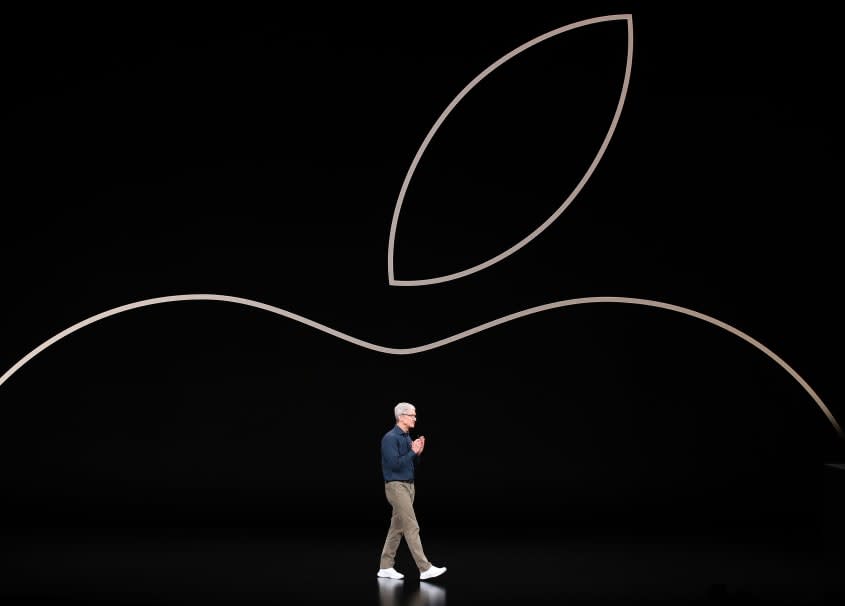Weak Apple projections hint at global slump

The smartest insight and analysis, from all perspectives, rounded up from around the web:
Alarm is rising over a global slowdown that's testing even Apple's invincibility, said Vlad Savov in Bloomberg. In September, Apple was so bullish about its sales projections for the new iPhone 14 that it told suppliers to bump production by roughly 7 percent. A few weeks later, "those plans for the new devices have been iced." "Of course, the iPhone being the iPhone, we're not talking catastrophe here," and Apple is still planning to build 90 million handsets, in line with last year. But Apple is "famously judicious and precise with its product planning," and "to see it veer so quickly from increasing production to throttling back down" is a shock. If Apple is struggling to gauge consumer sentiment, that doesn't bode well for other companies.
So far, corporate earnings have held up remarkably well in 2022, said Justin Lahart in The Wall Street Journal. Unfortunately, "it won't last." Companies are already softening expectations for the third-quarter earnings season as the challenges keep piling up, led primarily by the slowdown in economic growth. "Many overseas economies have fared even worse, a problem for the big multinationals that dominate the S&P 500." The biggest factor in why corporate profits have been holding up "is what companies call pricing power," or the ability to push higher costs onto consumers. But their ability to maintain pricing power "seems doubtful" as consumers show less willingness to spend.
"The release of weaker-than-expected manufacturing data in the U.S." jolted investors into hoping that the Federal Reserve will slow down on raising rates, said Alice Gledhill in Bloomberg. Somewhat paradoxically, the poor numbers heartened investors who suspect the Fed will get cold feet and pivot, igniting a sharp stock market rally this week. But "those trying to call an end to the relentless rise of interest rates have been burned before." Fed officials are not ready to change direction, said The Economist. Despite the recent signs of worry, overall the U.S. economy is still "too strong for its own good." The U.S. pandemic stimulus "ended some time ago," but the money is still working its way through the system, with states still sitting on unspent funds and households nursing $2 trillion in extra savings. The labor market, too, remains very tight, and the Fed sees limiting wage growth as key to getting inflation down.
We are "in the midst of the most comprehensive tightening of monetary policy the world has seen," said Adam Tooze in The New York Times. The interest-rate increases may not be as steep as those pushed by former Fed chairman Paul Volcker to stem the last such bout of inflation 40 years ago, but "today's involve far more central banks." It's a remarkable reversal from the policies of the past two decades, "and on a global scale." The consequences of this experiment are unknown, but it seems increasingly likely that it will require unprecedented international cooperation. "For the first time in the post-Cold War era of globalization, we are facing significant and widespread inflation." And the scattershot global response "risks increasing uncertainty and pain for hundreds of millions of people around the world."
This article was first published in the latest issue of The Week magazine. If you want to read more like it, you can try six risk-free issues of the magazine here.
You may also like
5 cartoons about Hurricane Ian's aftermath
Sara Lee, former WWE wrestler and Tough Enough star, dies at 30
Georgia probe into 2020 election interference seeking testimony from Newt Gingrich, Michael Flynn

